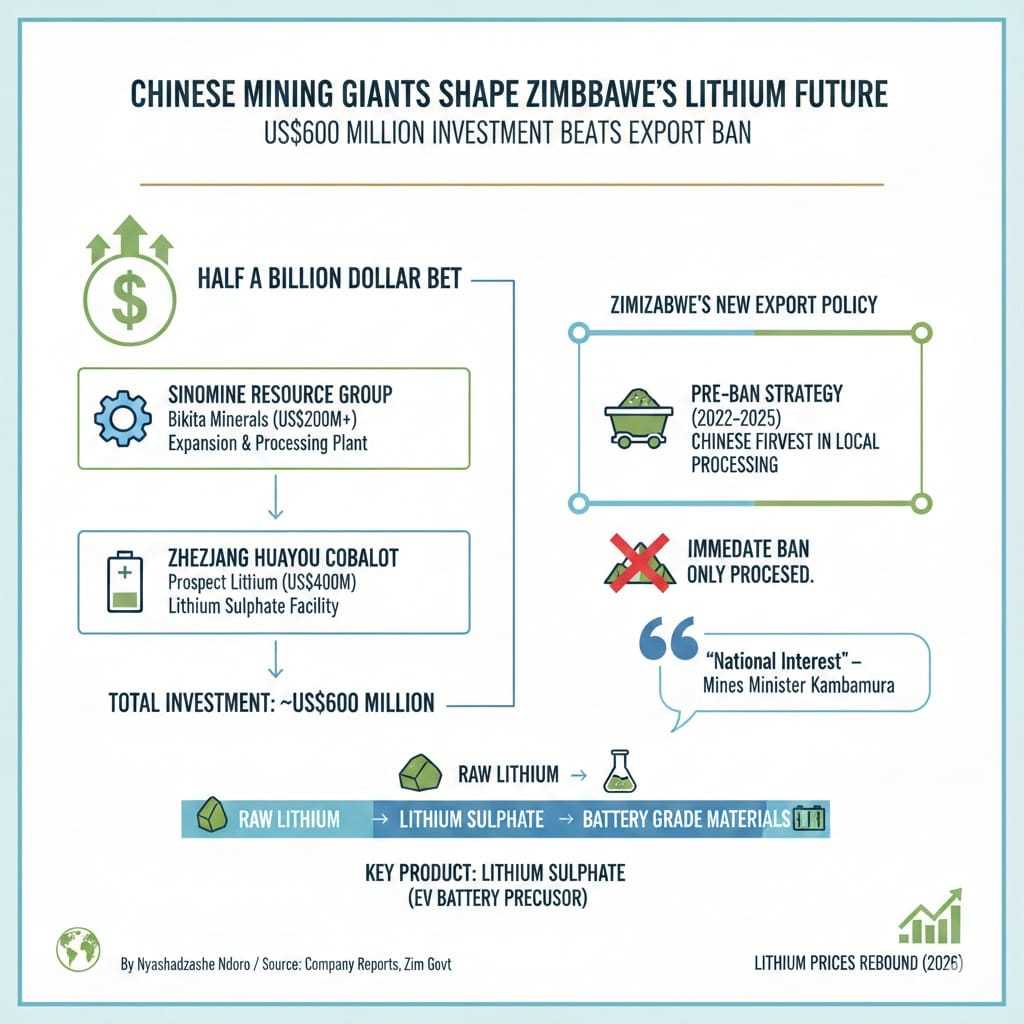
Oscar J Jeke
Zim Now Reporter
The Ministry of Industry and Commerce on Thursday convened a stakeholder consultative workshop in Harare to gather input on the upcoming Zimbabwe National Industrial Development Policy 2, covering the period 2026–2030.
As a strategic framework, it focused on driving the country's industrialization and economic transformation. The current policy, covering 2019-2023, focused on developing linkages between key sectors like agriculture, mining, manufacturing, and services, with an emphasis on value addition and beneficiation. A new policy for 2024-2030 is being developed to build on the achievements of the current policy.
Addressing the meeting, Permanent Secretary in the Ministry, Dr. Thomas Utete Wushe, said government was adopting an inclusive approach to industrial policy design, with broad engagement of stakeholders across regions and sectors.
Related Stories
“Policy success hinges on shared commitment. Stakeholder input will shape an actionable and transformative agenda,” said Dr. Wushe.
He said the new strategy seeks to build on gains from the Zimbabwe Industrial Reconstruction and Growth Plan and the Local Content Strategy, with a renewed focus on value addition, rural industrialisation, quality standards, fair trade, and promoting locally made products under the ‘Buy Zimbabwe’ campaign. He added that the policy will be aligned with the National Development Strategy 2.
The workshop, held at Golden Conifer in Harare, drew participation from industrialists, economists, private sector players, researchers and development partners. It is part of a series of consultations aimed at finalising the blueprint before its expected adoption later this year.
ZNIDP 2 follows the first industrial policy which covered 2019 to 2023. The earlier plan struggled to meet key targets due to economic volatility and implementation gaps. Officials say lessons from that period are informing a more practical and inclusive approach in the new document.
The Ministry has indicated that the new policy will set clear growth targets for the manufacturing sector, including raising its contribution to GDP, improving industrial capacity utilisation, creating jobs, and expanding exports.
ZNIDP 2 is also expected to align with regional integration and industrialisation efforts under SADC, COMESA and the African Continental Free Trade Area


















Leave Comments